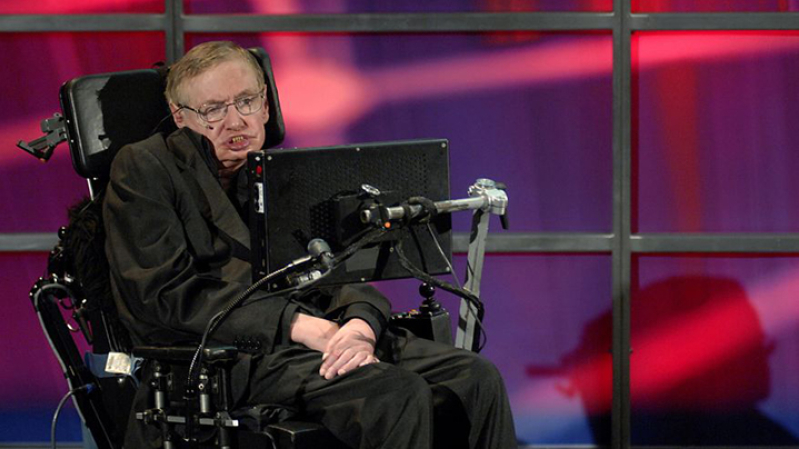
World's brilliant minds come together to make an amazing journey to the stars. Physicist Stephen Hawking, Russian philanthropist Yuri Milner and Facebook CEO Mark Zuckerberg revealed their plan on Tuesday to send hundreds of robot spacecraft no bigger than iPhones to Alpha Centauri, the nearest star from earth, approximately 4.37 light-years away.
If it all works out, the plan is to send a rocket that would lift a "mother ship" carrying hundreds of small probes to outer space. After that, the probes would unfold their thin sails, and then a powerful laser from Earth would beam light to them until they reach Alpha Centauri.
The powerful laser beams will push the probes for up to 100 million mph -- about 20% of light speed, far faster than any modern spacecraft can travel. Upon reaching the nearest star, some 25 trillion miles away, they would gather images and other important data to beam back here on Earth.
According to CNN, project leaders said today's fastest spacecraft have to spend more than 30,000 years to reach the Alpha Centauri star system. However, they believe the smaller and lighter probes could reach the star 1,000 times faster. Estimates show the probes could reach Alpha Centauri in about 20 years.
For some scientists, they are skeptical about the possibility of the plan, given the current limits of technology and the difficulty of finding enough money to fund the project. In a report from the New York Times, Russian billionaire Yuri Milner said the project could cost as much as $10 billion. To start the plan, Milner is investing $100 million for the research.
Experts say the project involves challenging tasks. Scientists have to overcome many problems before the first spaceships reach other stars. These include building mini-cameras, small instruments and sensors that can fit on a chip. The project leaders also have to find a way on how to get clear pictures and accurate information in the new star system. Lastly, how these new data would arrive here on Earth.
In an interview with BBC, Prof Andrew Coate from College of London, agreed the project is so ambitious and challenging, but not impossible.
Experts are still not sure what would be the discoveries of the project. Perhaps, we could find aliens and other life forms on the nearest stars.
"What makes human beings unique?" Hawking asked during the Tuesday's press conference. The Nobel Prize-winning scientist went on to say, "I believe that what makes us unique is transcending our limits."







